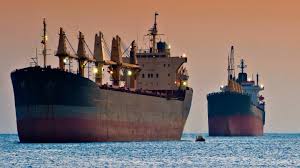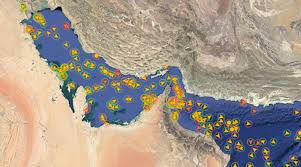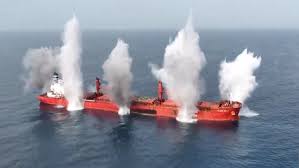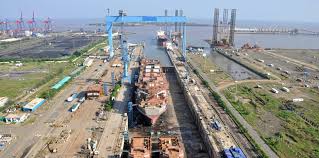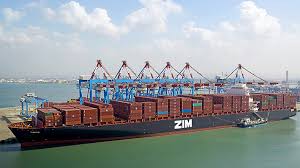Maersk and Hapag-Lloyd’s Gemini Cooperation takes on MSC in a high-stakes container market showdown.
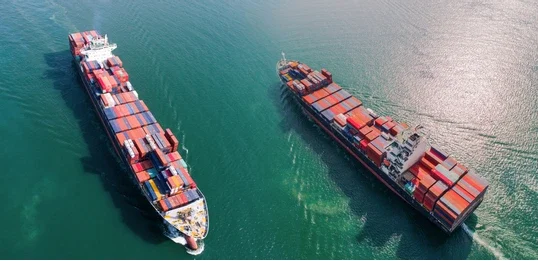
As the container shipping industry evolves, a significant showdown is emerging between Maersk and Hapag-Lloyd with their new Gemini Cooperation and the industry giant MSC, alongside other alliances. This rivalry marks a pivotal moment as both factions adopt contrasting strategies to capture market share.
The Gemini Cooperation introduces a hub and spoke feeder service that promises timely arrivals, boasting an impressive schedule reliability of over 90 percent. In contrast, MSC continues to lead with traditional direct call services, backed by its extensive fleet and partnerships in the Ocean and Premier Alliances.
According to MDS Transmodal, this competition could lead to three possible outcomes: a fierce rate war, a successful implementation of Gemini’s innovative scheduling, or a split market where cheaper freight flows to direct lines while premium products utilise Gemini’s services.
Simon Heaney, an analyst at Drewry Shipping Consultants, notes the potential for significant gains for Gemini if it can achieve its goal of over 90% reliability, a stark contrast to the current industry standard, which lingers around 50% for some operators. He also points to the possibility of upcoming disruptions, such as a potential US East Coast port strike in January, which could complicate matters further.
The Gemini model may incorporate extended delivery times to ensure reliability as shippers increasingly prioritise end-to-end service. Failure to meet these expectations could be detrimental for Maersk and Hapag-Lloyd, emphasizing the high stakes involved.
Despite being industry leaders, both Maersk and Hapag-Lloyd managed only 54.7% and 54.3% reliability, respectively, in August 2024, underscoring the challenges ahead.
With 590 vessels on order and an evolving market landscape, industry analysts predict that a rate war is likely. Darron Wadey, an analyst with Dynamar, suggests that MSC’s creative fleet management strategy will play a crucial role in the coming months as competition intensifies.
In a market characterised by chronic overcapacity and declining freight rates, only time will reveal how this battle between giants will reshape the container shipping landscape. As competition heats up, the industry’s future hinges on how these titans respond to the demands of shippers and the challenges of a volatile market.






